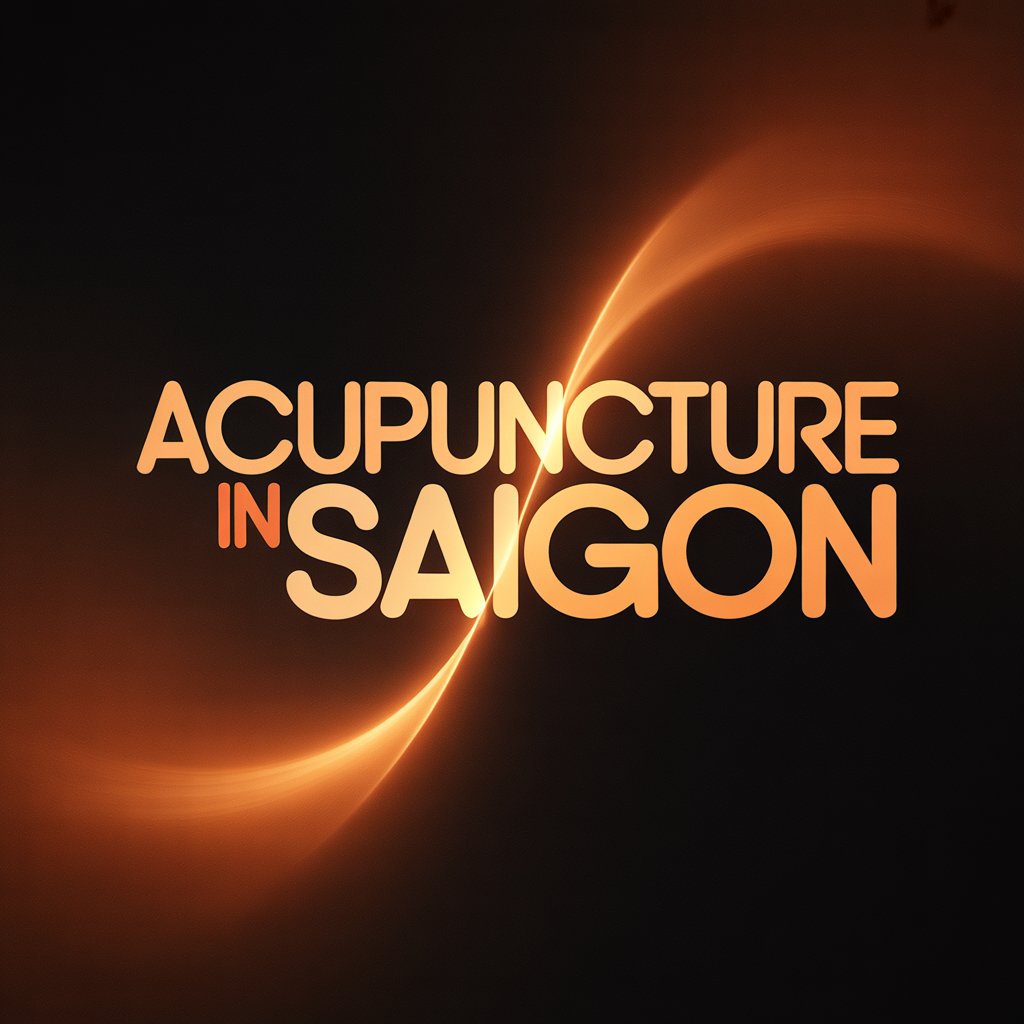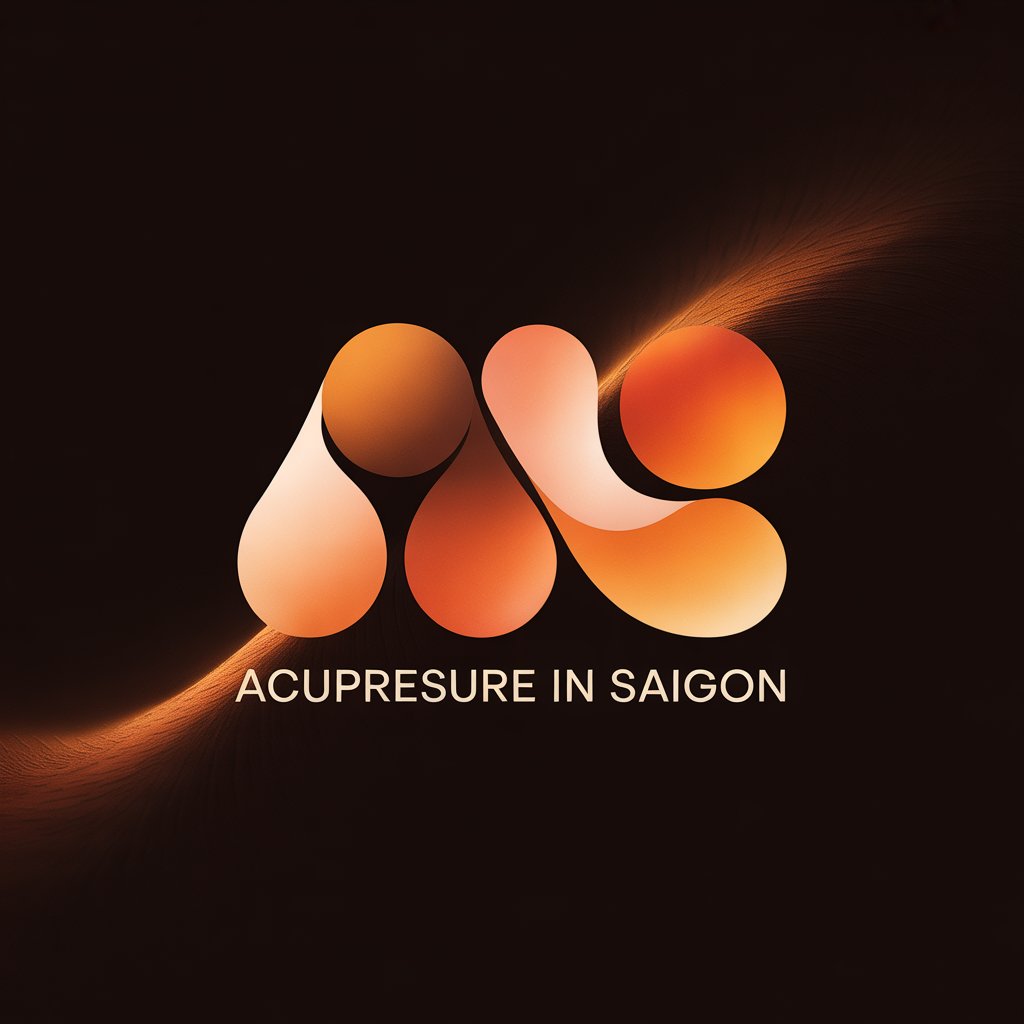The Liver in TCM and Immunity

In TCM, the Liver is much more than just the anatomical organ.1 It’s a functional system responsible for:
- Smooth Flow of Qi (Vital Energy): The Liver ensures the free and unobstructed flow of Qi throughout the body. When Liver Qi stagnates due to stress, emotions (especially anger and frustration), or poor lifestyle, this can disrupt the harmonious functioning of all organ systems, including those involved in immunity. A smooth flow of Qi is essential for the proper distribution of defensive Qi.
- Storing Blood: The Liver stores blood and regulates its volume according to activity levels. Sufficient and healthy blood is vital for nourishing all tissues and organs, including those of the immune system. Liver blood deficiency can lead to a weakened constitution and impaired immune responses.
- Detoxification: Similar to its Western counterpart, the Liver plays a role in processing and neutralizing toxins. Efficient detoxification supports overall health and reduces the burden on the immune system.
- Housing the Hun (Ethereal Soul): In TCM psychology, the Hun is associated with planning, movement, and the sense of purpose. A disturbed Hun (often due to Liver imbalances) can manifest as emotional instability and potentially impact the body’s overall resilience.
How the Liver relates to Immunity:
- Supporting Defensive Qi: The smooth flow of Liver Qi helps ensure that defensive Qi (Wei Qi), which circulates on the surface of the body and protects against external pathogens, can function effectively. Stagnation hinders this protective layer.
- Nourishing the Body: Healthy Liver blood provides essential nourishment for all organs and tissues, including those involved in immune cell production and function.
- Emotional Balance: The Liver is strongly linked to emotions. Chronic emotional imbalances, especially anger and frustration, can disrupt Liver Qi, weakening the body’s overall resistance to illness.
- Interactions with other Organs: The Liver has crucial relationships with other organs in TCM. For example, it supports the Spleen (which is vital for digestion and the production of Qi and Blood, key components of immunity). Liver imbalances can indirectly weaken the Spleen and thus impair immunity.
The Kidneys in TCM and Immunity:
Similarly, the Kidneys in TCM encompass a broader range of functions than just filtration. They are considered the “root of life” and are responsible for:
- Storing Essence (Jing): The Kidneys store both congenital essence (inherited from parents) and acquired essence (derived from food). This essence is the fundamental substance that underlies growth, development, reproduction, and overall vitality, including the strength of the immune system.
- Governing Water Metabolism: The Kidneys regulate the body’s fluids. Imbalances can lead to dampness or dryness, which can create an internal environment conducive to the development of illness.
- Controlling Bones and Marrow: In TCM, the Kidneys are believed to govern the bones and produce marrow, which is essential for the production of blood cells, including immune cells.
- Housing Willpower (Zhi): The Kidneys are associated with willpower and determination. Weak Kidney Qi can manifest as fearfulness and a lack of resilience.
How the Kidneys relate to Immunity:
- Foundation of Constitution: The Kidney essence provides the fundamental strength and resilience of the body. A strong Kidney essence supports a robust immune system that is better equipped to defend against pathogens.
- Supporting Defensive Qi: The Kidneys are considered the root of Yang Qi in the lower body, which provides warmth and energy necessary for the proper functioning of all systems, including the immune system. Kidney Yang deficiency can lead to a weakened defensive Qi.
- Water Metabolism and Internal Environment: Healthy Kidney function ensures proper fluid balance, preventing the accumulation of dampness or dryness, which can impair immune function or create conditions for pathogens to thrive.
- Marrow and Blood Production: By governing marrow, the Kidneys indirectly support the production of healthy blood cells, including immune cells.
- Lung-Kidney Relationship: The Lungs govern respiratory Qi and are the first line of defense against airborne pathogens. The Kidneys are said to “grasp the Qi” inhaled by the Lungs, ensuring deep and effective respiration, which is vital for overall Qi and immune function. Kidney weakness can affect Lung function and vice versa, impacting respiratory immunity.
The Interconnection:
The Liver and Kidneys, while having distinct roles, are interconnected and both contribute to a healthy immune system in TCM:
- Mutual Nourishment: The Liver stores blood, which nourishes the Kidneys. The Kidneys store essence, which can be transformed into blood to support the Liver.
- Qi Flow and Foundation: The Liver ensures the smooth flow of Qi, which is rooted in the Kidney’s Yang energy. A harmonious flow of Qi, based on a strong foundation, is essential for effective immune function.
- Water Metabolism and Detoxification: The Kidneys manage fluids, while the Liver detoxifies. Both functions contribute to a clean and balanced internal environment that supports optimal immune responses.
- Emotional Influence: Both organs are associated with specific emotions that, when imbalanced, can weaken their respective functions and indirectly impact immunity.
In Summary:
In TCM, a strong immune system (robust defensive Qi) relies on the overall balance and harmonious functioning of the internal organs.
The Liver, with its role in Qi and blood flow and detoxification, and the Kidneys, as the root of essence and Yang energy, are particularly vital.
Their healthy interaction and balanced functioning provide the necessary foundation and support for the body’s natural defenses against illness.
TCM treatments aimed at strengthening immunity often address imbalances in the Liver and Kidneys alongside other relevant organs like the Lungs and Spleen, emphasizing a holistic approach to health and well-being.




